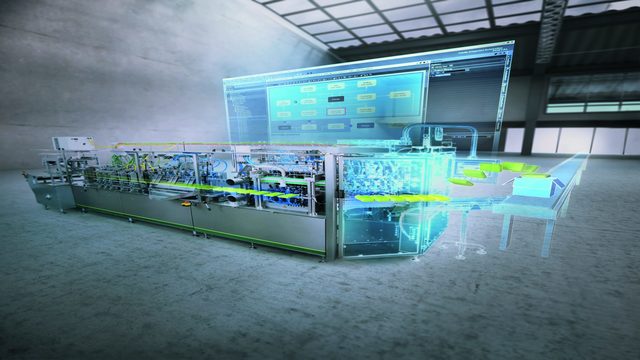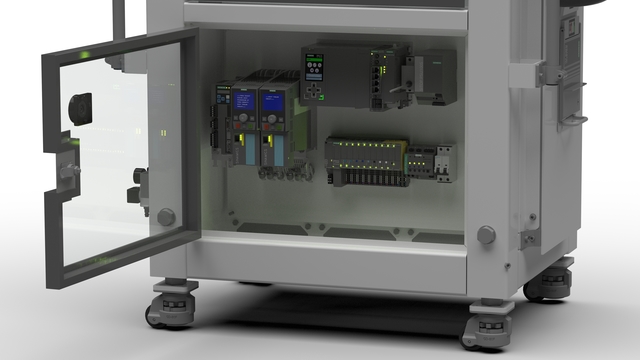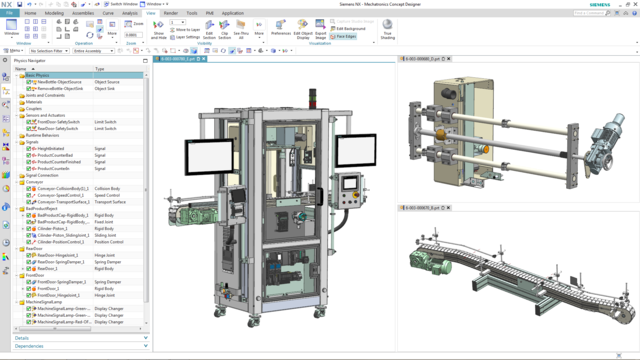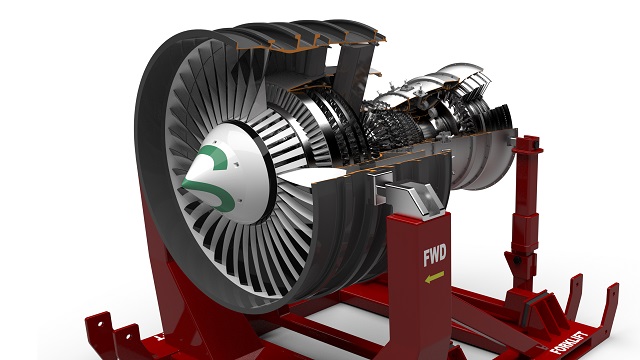Mechatronic Concept Design

Our products enable a multi-disciplinary approach to machine design that breaks down barriers between electrical, mechanical, and automation engineers. We continue to revolutionize the machine design process by helping you design faster with higher quality. Mechatronics Concept Designer provides an end-to-end solution that enables multi-discipline collaboration, re-using of existing knowledge, reduced time-to-market, and better decision making through concept to production evaluation.
Mechatronic Concept Design is made up of powerful features that allow you to build a custom solution. Read more about these features below.
Integrated System Engineering Approach
You can trace customer requirements all the way through to a finished design using systems engineering principles. A functional model provides a common language for mechanical, electrical and automation disciplines to work together in parallel, which helps you deliver designs faster and with fewer integration issues late in your design process.


Open Interfaces to Other Tools
The output of Mechatronics Concept Designer can be used directly by multiple disciplines to continue to refine the designs without the need to re-master the data.
- Mechanical designers can use concept models in NX for detailed design
- Electrical designers can use model data to select sensors and actuators
- Automation designers can use cams and operation sequence information from the model for software development
Physics-Based Simulation Capability
Mechatronics Concept Designer has easy-to-use modeling and simulation which allows you to quickly create and validate alternative design concepts early in the development cycle. Unlike a model based tool, MCD allows you not only to see what it looks like, but validate that it works. While model centric tools show you the geometry and allow you to model the parts, we go further and allow you to validate that your product works before you build it. This validation is enabled by the re-use library, from which you can quickly add data to the functional model. This data includes joints, motion, sensors, actuators, collision behavior, and other kinematic and dynamic properties for each component. This allows a physics-based, interactive simulation to verify machine operation. This verification helps you detect and correct errors in the digital model.


NX for Design
The most powerful, flexible, and innovative product development solution in the industry, NX for Design has the features, performance, and capabilities to help you get product to market faster than ever before.
